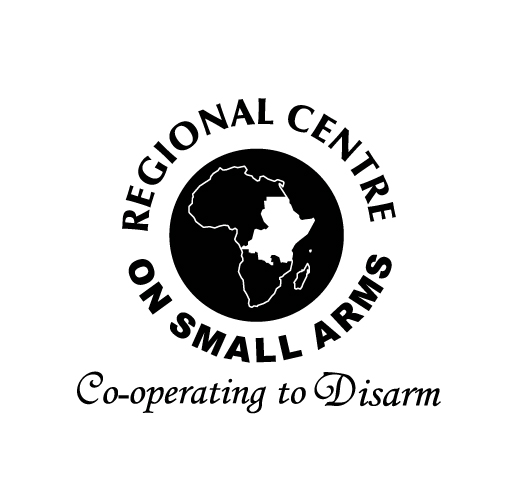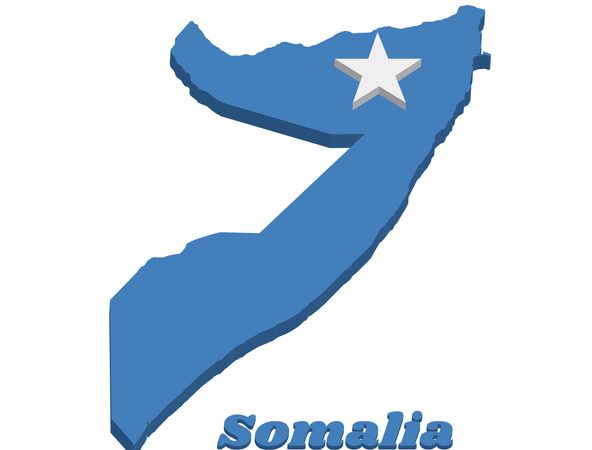Fragility situations in Somalia are closely tied to the widespread proliferation of illicit small arms and light weapons (SALW) that have resulted from protracted conflicts over the years. Somalia, situated in the Horn of Africa, emerged from a state of complete collapse in 2004. However, it still ranks second to last on the Fragile States Index (FSI), just ahead of South Sudan. According to the global Multidimensional Poverty Index (MPI) of December 2015, Somalia is the third poorest country in the world. Prolonged conflicts and the presence of terrorist networks have had negative implications for regional and international security.
The overarching goal of this research was to establish the connection between the proliferation of illicit SALW and fragile situations in Somalia, as well as their impact on development and livelihoods. The study included participants from various sectors such as civil society organizations, security agents, religious leaders, government officials, civil service members, academics, and the general Somali population. Research was conducted in different parts of Somalia, including Hargeisa and Burao (in Somaliland), Mogadishu, Jowhar, and Afgoye.
On one hand, the study findings indicate that fragility situations in Somalia are characterized by the proliferation of illicit SALW (75%), the presence of peacekeeping forces (70%), and protracted armed conflict (65%). On the other hand, the main drivers of fragility in Somalia were identified as the proliferation of illicit SALW (92%), weak governance institutions (85%), poverty and youth radicalization (80%), and clan politics (71%). However, the manifestations and drivers of fragility may vary from one region to another.
The impact of fragility situations in Somalia is profound. The study revealed that key sectors affected include security, tourism, foreign direct investment, health, education, and infrastructure.
The Federal Government and the International Community have implemented various legal frameworks and interventions to address fragility situations. However, challenges such as the ongoing proliferation of illicit SALW, weak governance institutions, clan-based politics, and the presence of terrorist and radicalized groups persist.
The study recommends strengthening governance institutions, raising civilian awareness and promoting disarmament, implementing security sector reforms, undertaking post-conflict reconstruction efforts, and fostering regional cooperation as key measures to address the issues of fragility in Somalia.

